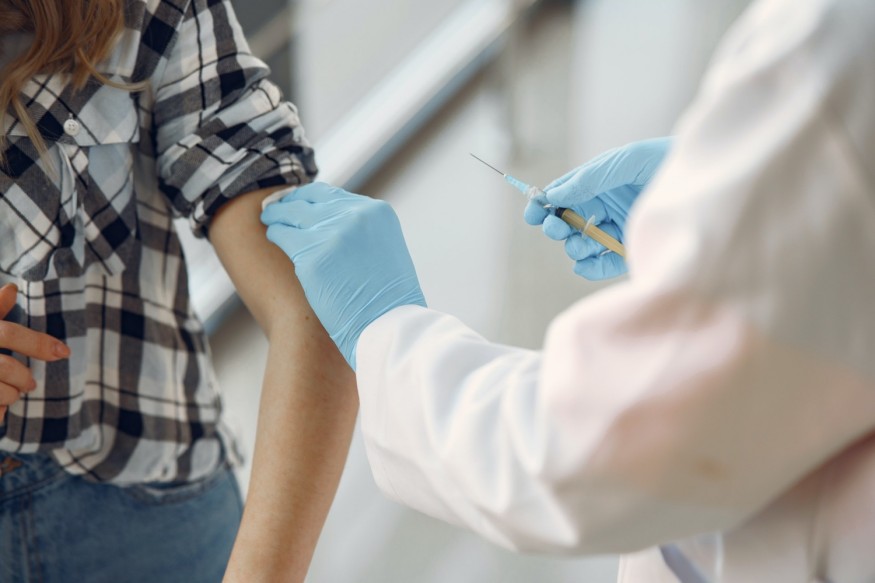
With COVID-19 variants springing up in various parts of the world, the number one question on everyone's mind is, can the vaccines still guarantee protection?
However, a recent lab study conducted by researchers suggests that the South African COVID-19 variant may reduce antibody protection of Pfizer-BioNTech vaccines by up to two-thirds.
Is the Pfizer-BioNTech Vaccine No Match for the South African Strain?
A laboratory study published this February suggests that the COVID-19 South African variant may reduce antibody protections from the Pfizer-BioNTech vaccines by two-thirds. Companies on Wednesday said that it is unclear whether the shots will remain effective against the mutation.
On the other hand, companies say that the Pfizer-BioNTech vaccines are still able to neutralize the coronavirus and that there is still no evidence, as of yet, from trials in people that the variant reduces protection.
Still, both companies are investigating and talking to regulators about developing updated versions of the mRNA vaccine or whether a booster shot is needed to secure protection.
Studying the Efficacies of the Pfizer-BioNTech Vaccine on the South African Variant
Scientists from both Pfizer Inc and BioNtech, together with researchers from the University of Texas Medical Branch, developed engineered viruses for the study that contained the same mutations carried on the spikes of the highly contagious South African variant B.1.351.
The spikes in the virus are used to enter human cells and are the primary target of many COVID vaccines.
Researchers tested the virus against blood taken from patients who have been dosed with the vaccine and found that there was a two-thirds reduction in the amount of neutralizing antibodies compared with the effects on the most common version of the coronavirus prevalent in the US trials.
Findings were published by researchers in the New England Journal of Medicine.
Although there is no established benchmark to determine what level of antibodies are in need to protect against COVID-19, it is still unclear whether a two-thirds reduction will make the vaccine ineffective against variants spreading across the globe.
However, despite the recent findings, co-author and professor at UTMB Pei-Yong Shi says that he believes that the Pfizer-BioNTech vaccines will more than likely be able to protect against the South African variant.
Shi says that there is no set standard for the minimum neutralizing numbers. He explains that "We don't have that cutoff line."
Additionally, Shi expresses his suspicions that immune responses observed are likely to significantly above where it needs to be in terms of protection against the South African variant.
This is mostly due to clinical trials by both Pfizer-BioNTech vaccines and similar mRNA vaccine from Moderna Inc conferred some protection after a single vaccine dose with an antibody response that is lower than the reduced levels due to the South African variant in laboratory studies.,
Pfizer has said that there is no evidence that the variant escapes the protection offered by the vaccines in real-life reports CNN.
The mutations of the virus have become a stumbling block for most vaccine campaigns, with the South African variant halting AstraZeneca's vaccine rollout after a study revealed that it didn't work in preventing mild illness involving the variant.
Check out more news and information on COVID-19 on Science Times.
© 2026 ScienceTimes.com All rights reserved. Do not reproduce without permission. The window to the world of Science Times.












